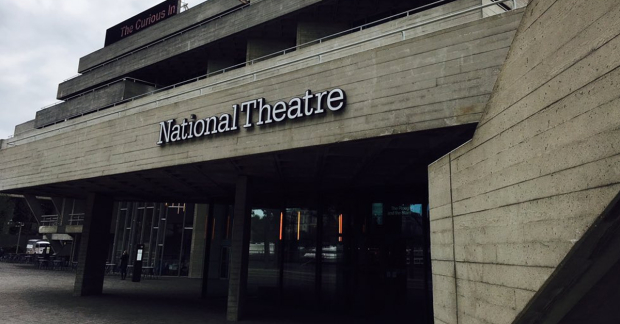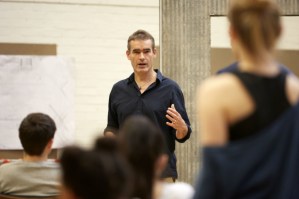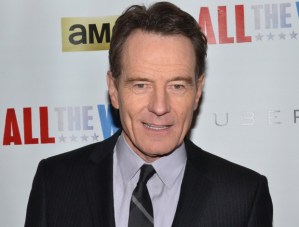Michael Billington is wrong: the National Theatre's future has to be in the here and now
Matt Trueman responds to ”The Guardian” writer’s blistering piece about the National Theatre’s neglect of classic plays

So, Michael Billington wants to see more classic plays at the National Theatre. In a blistering piece for The Guardian yesterday, he accused artistic director Rufus Norris of a "staggering dereliction of the National’s duty" in his programming. "What is staggering," he writes, "is the virtual disappearance of what you might call the classic repertory."
To a certain extent, he has a point. Looking over the next year or so of programming, and leaving Shakespeare to one side, Billington notes only two productions are revivals: Tony Kushner‘s Angels in America and Stephen Sondheim‘s Follies. Amadeus gets another run, and you might throw in Yael Farber‘s new version of Salome, it being impossible not to refer back to Oscar Wilde‘s 1891 play somehow, but even so. Four out of 20 ain’t grand.
Perhaps Michael Billington missed it, but the world has turned on its axis of late
In response, the National points out the nine classic writers it has staged in the last year – Ibsen, Chekhov, Rattigan, O’Casey, Shaffer, Brecht, Wilson, Hansberry and Kane – but I suspect Billington sees some of these as relatively ubiquitous. He’s right that no other major theatre is really scouring the shelves, and old, off-beat classics have become the preserve of fringe theatres like the Orange Tree and the Finborough. The National exists in part to redress imbalances like that, to do the sort of work other theatres aren’t.
If the National has a burden, it is the remit to be all things to all people. Go back to its founding principles (defined a century ago against a very different theatrical landscape, remember) and you find responsibilities towards Shakespeare, the rest of the canon, new plays, foreign drama and reviving modern classics to stop them, as Kenneth Tynan put it, from "rusting in oblivion". Any artistic director has to pick his or her priorities. Today, there are other expectations as well: new work, as distinct from new writing, maybe new musicals too. Above that, there’s the need to represent a wide spectrum of society on its stages and attract diverse audiences to its stalls.
These last two things necessitate change. I’ve said it before: if the same sort of plays get done in the same sort of style by the same sort of people, the same sort of people will show up. No amount of Synge or Sheridan is going to shift theatre’s demographics. To bring new audiences (and artists) into the fold, theatre needs to make itself relevant to their lives.
The National has a duty to examine and represent the nation as it is now
And perhaps Billington missed it, but the world has turned on its axis of late. Brexit. Trump. Blah blah blah. We find ourselves in a moment of turmoil, reeling after a wholesale paradigm shift in public thinking. The ground has moved beneath our feet, and its quite possible fascists have picked up the keys to the free world. It’s safe to say there are more pressing matters than whether or not audiences appreciate the nuances of Jonson and Moliere.
In no time at all, Norris has pulled together a pretty wide response to a new climate. It is too early to vouch for its quality, but the intentions are clear. There’s a verbatim piece surveying the nation’s attitude to Brexit, Our Country: A Work in Progress, and a piece that picks at the pitfalls of democracy, Rob Drummond’s The Majority, initiated against the Scottish Indyref, but more prescient by the day. Rory Mullarkey’s Saint George and the Dragon lands at a moment of rising nationalism, while DC Moore’s Common questions our ownership of this land as privatisation doubles down. In Lee Hall’s adaptation of the film Network, a struggling television network will chase ratings at all costs: pure post-truth, fake news.
The National, arguably more than any other theatre, has a duty to examine and represent the nation as it is now. Theatre is a present-tense medium. It may have its roots in the past, but its future has to be in the here and now.














